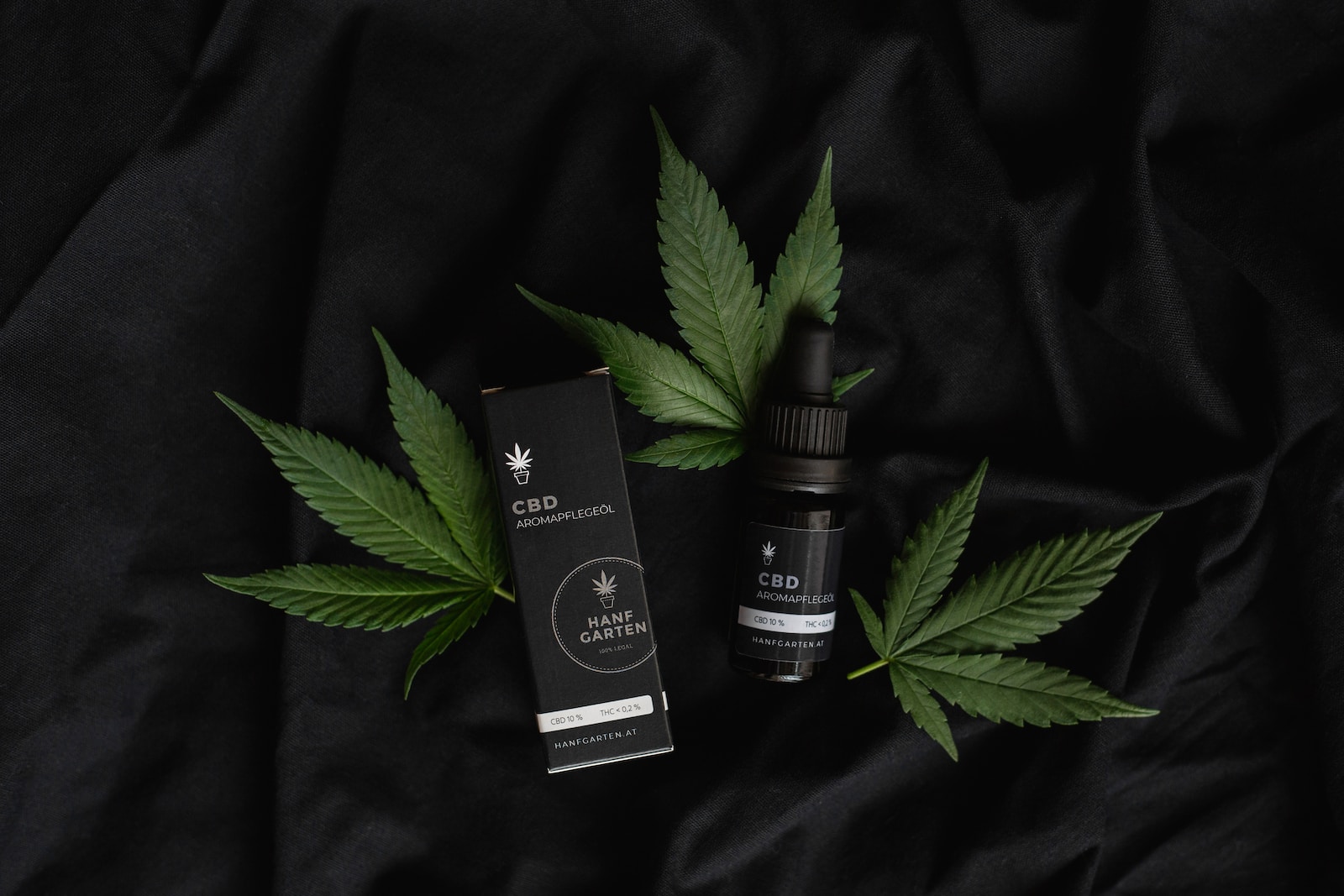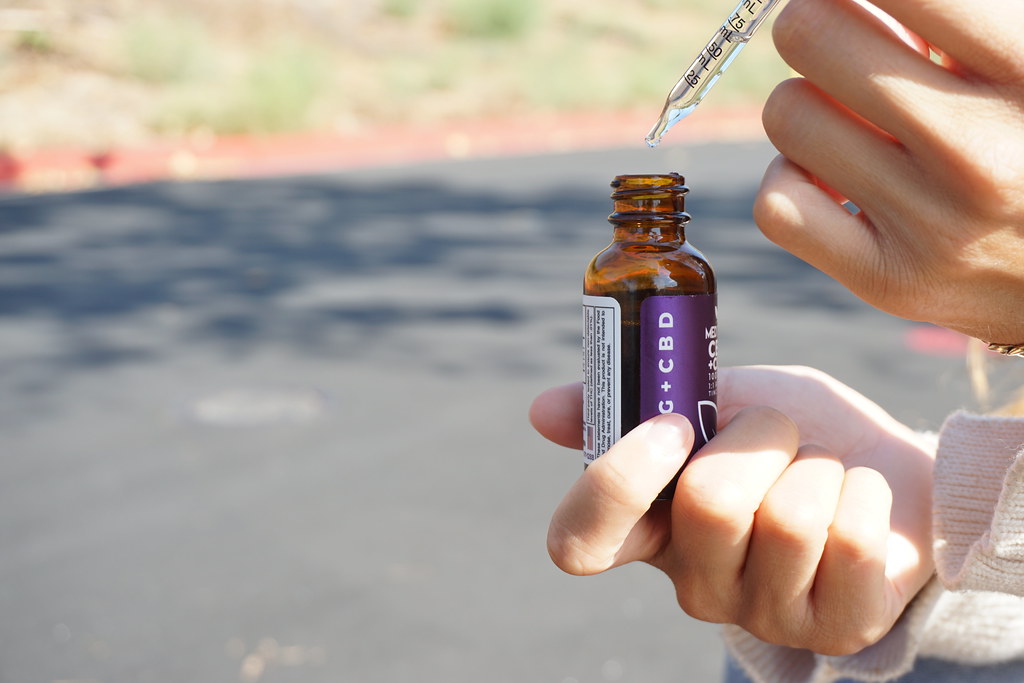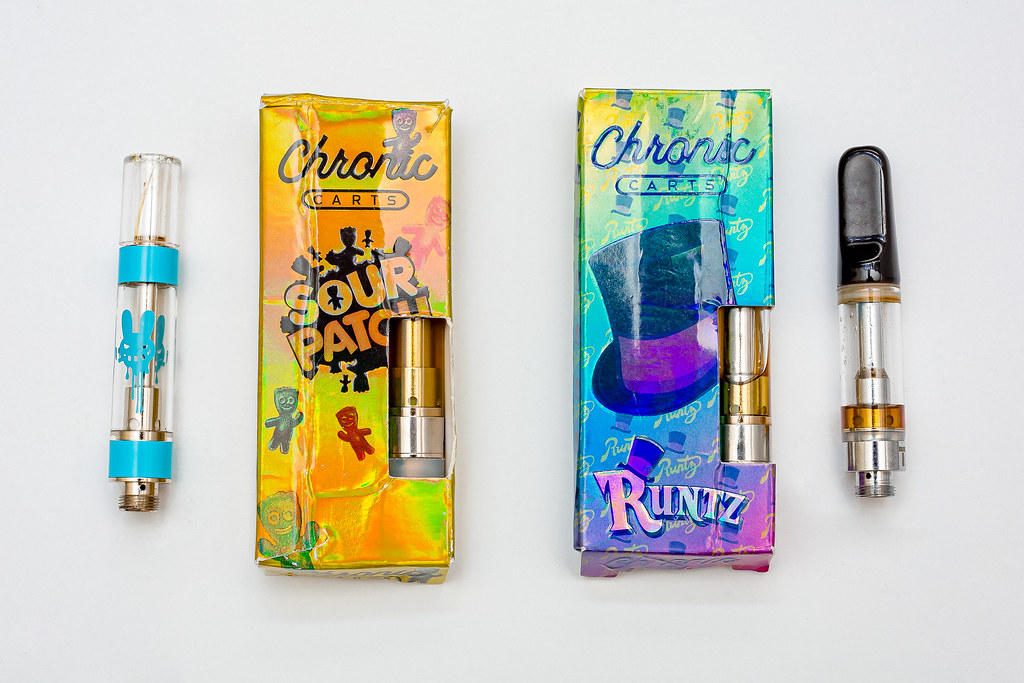
The Ultimate Guide: Does CBD Oil Increase Estrogen?
Welcome to the comprehensive guide on the intriguing topic of whether CBD oil has an impact on estrogen levels in the body. CBD, or cannabidiol, has gained immense popularity for its potential health benefits. In recent times, there has been growing curiosity about its interaction with hormones, particularly estrogen. This article delves deep into this subject, providing you with accurate information and insights, helping you understand the relationship between CBD oil and estrogen.

Does CBD Oil Increase Estrogen?
The fundamental question that drives our exploration is: Does CBD oil increase estrogen levels in the body? Let’s delve into this intriguing topic.
Understanding Estrogen
Before we can answer this question, it’s crucial to grasp the role of estrogen in the human body. Estrogen is a vital hormone primarily associated with female reproductive health. However, it also plays a crucial role in men’s health. It influences various aspects, such as menstrual cycles, bone health, mood, and even cardiovascular health.
The CBD and Hormone Connection
- The Endocannabinoid System: To comprehend how CBD may affect estrogen levels, we must first understand the endocannabinoid system (ECS). The ECS regulates various bodily functions, including hormone production and balance. CBD interacts with the ECS, potentially influencing hormone levels.
- Research and Studies: While research on CBD’s direct impact on estrogen is limited, some studies suggest that CBD may influence the endocrine system. This could indirectly affect estrogen levels, but more research is needed for a conclusive answer.
- Individual Variations: It’s essential to acknowledge that how CBD affects estrogen may vary from person to person. Factors like dosage, frequency, and individual biology can all play a role.

Debunking Myths and Misconceptions
It’s essential to address some common myths and misconceptions surrounding CBD and estrogen.
- Myth 1: CBD Increases Estrogen Dramatically: There is no substantial evidence to support the claim that CBD significantly increases estrogen levels. The impact, if any, is likely subtle.
- Myth 2: CBD Causes Hormone Imbalance: CBD is generally considered safe and doesn’t cause hormone imbalances. However, consult with a healthcare professional before using CBD, especially if you have concerns about hormone levels.
- Myth 3: CBD Is a Replacement for Hormone Therapy: CBD should not be seen as a replacement for hormone therapy prescribed by a healthcare provider. It’s a complementary approach and should be used with caution.
CBD and Estrogen: FAQs
Here are some frequently asked questions about CBD and its potential effects on estrogen levels:
Q: Can CBD oil be used to treat hormonal imbalances?
A: CBD may have a balancing effect on hormones, but it should not be used as the primary treatment for hormonal imbalances. Consult a healthcare professional for personalized guidance.
Q: Are there any side effects of using CBD for hormonal health?
A: CBD is generally well-tolerated, but some individuals may experience side effects like dizziness or dry mouth. Start with a low dose and monitor your body’s response.
Q: Can CBD help with menopausal symptoms related to estrogen decline?
A: Some women have reported relief from menopausal symptoms with the use of CBD, but its effectiveness can vary. Consult a healthcare provider for tailored advice.
Q: Is it safe to combine CBD with hormone therapy?
A: Combining CBD with hormone therapy should only be done under the supervision of a healthcare professional. They can assess potential interactions and guide you accordingly.
Q: How long does it take to see results when using CBD for hormonal balance?
A: The time it takes to see results with CBD can vary based on individual factors and the specific issue being addressed. It’s essential to be patient and consistent with its use.
Q: Can CBD affect estrogen levels in men?
A: Yes, CBD can potentially influence estrogen levels in men as well. Like in women, the impact may be subtle and vary among individuals.
Conclusion
In conclusion, the relationship between CBD oil and estrogen levels is a complex and evolving topic. While there is some evidence to suggest that CBD may have an indirect influence on hormones through its interaction with the endocannabinoid system, more research is needed to fully understand this relationship.
It’s essential to approach the use of CBD for hormonal health with caution and consult with a healthcare professional, especially if you have underlying hormonal imbalances or concerns. CBD should be viewed as a complementary approach rather than a replacement for traditional hormone therapy.
Remember that individual responses to CBD can vary, and what works for one person may not work the same way for another. It’s always advisable to start with a low dose, monitor your body’s response, and make informed decisions based on your unique needs and circumstances.
In the ever-expanding world of CBD research, stay informed, stay curious, and prioritize your well-being above all else.



Leave a Reply